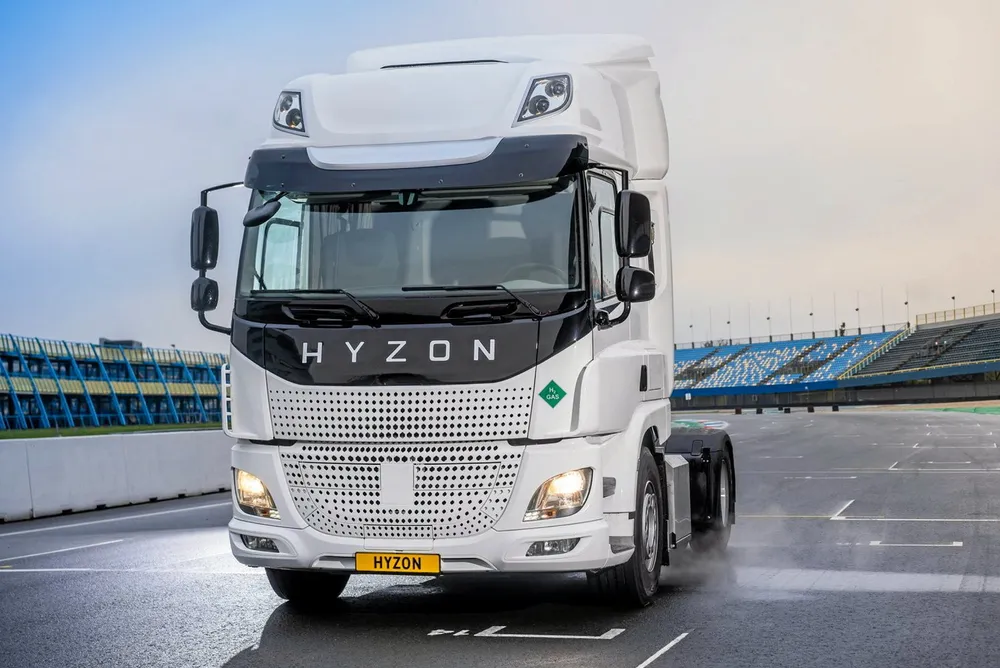'Hydrogen trucks not operable' | Hyzon Motors boasted that it had delivered 87 vehicles — now its own investigation questions more than half of them
After allegations of fake customers and exaggerated orders, Hyzon admits that most of the hydrogen trucks it reported as ‘delivered’ in 2021 did not operate as intended that year
